Pakistan plans sweeping crackdown on fuel smuggling with new petroleum bill
Legislation empowers authorities to seal stations, seize vehicles; critics warn of economic fallout in Balochistan
Business Desk
The Business Desk tracks economic trends, market movements, and business developments, offering analysis of both local and global financial news.
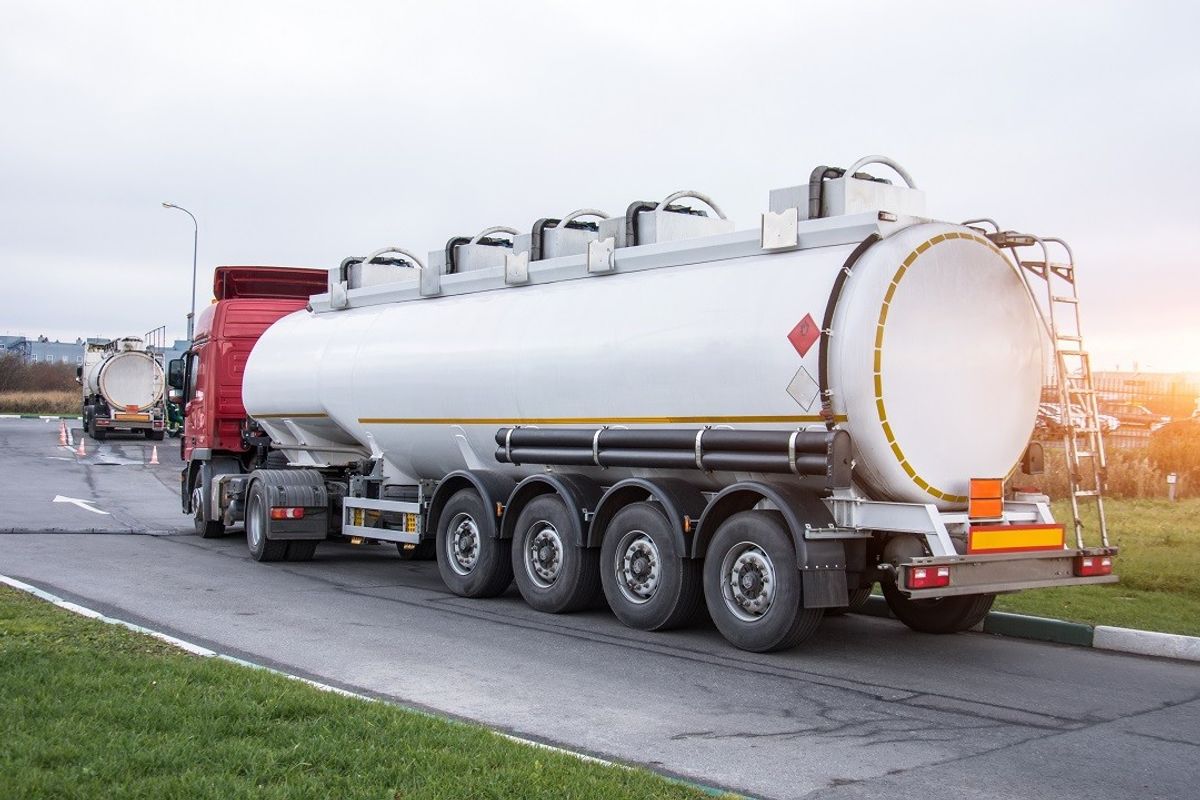
Fuel being transported via trucks
Pakistan is preparing to take tough action against the sale of smuggled petroleum products, with a new bill that would empower authorities to seal off fuel stations involved in the illicit trade and confiscate vehicles and equipment used in smuggling.
The Petroleum (Amendment) Bill 2025, set to be presented in the Senate on Tuesday, proposes significant amendments to the decades-old Petroleum Act of 1934. Government officials say the legislation is critical to curbing widespread fuel smuggling that is costing the national treasury billions of rupees annually.
The Senate Standing Committee on Petroleum approved the bill by a narrow 3-2 margin on Monday, with strong resistance from lawmakers representing Balochistan. Senators from the Jamiat Ulema-e-Islam Fazl (JUI-F) party warned that the bill threatens the livelihoods of thousands of families in the province.
According to official documents, the bill introduces six new clauses granting customs authorities the power to seize vehicles used to transport smuggled fuel, while deputy commissioners would be authorized to act as magistrates to penalize offenders and manage confiscated goods.
“The bill is aimed at dismantling powerful smuggling networks that are draining the national economy,” the Petroleum Secretary told lawmakers, adding that enforcement would target large-scale smugglers using oil tankers transporting more than 40,000 liters, not small vehicles or motorcycles.
Senator Umar Farooq, who chairs the petroleum committee, said the panel’s recommendations would be appended to the bill to mitigate any potential impact on the general public.
Still, critics remained unconvinced.
“This bill is economic devastation for Balochistan,” said Senator Maulana Abdul Wasey, a senior JUI-F leader. “Around 5,000 to 6,000 small vehicles transporting fuel have already been seized. These are the only sources of income for countless poor families. If this bill passes, what will they do?”
Wasey also warned that intensified enforcement could lead to unrest in the province, which has long grappled with political and economic instability.
Senator Saadia Abbasi echoed concerns, urging the government to hold broader consultations with provincial representatives and industry stakeholders before pushing the bill forward.
“We cannot legislate away the livelihoods of ordinary people,” Abbasi said. “Without the support of Balochistan senators, this bill will have no legitimacy.”
Abbasi also called for an urgent meeting with officials from the Federal Board of Revenue and Customs to clarify the bill’s implementation details.
If passed, the legislation would mark one of the most sweeping crackdowns on petroleum smuggling in Pakistan’s recent history.


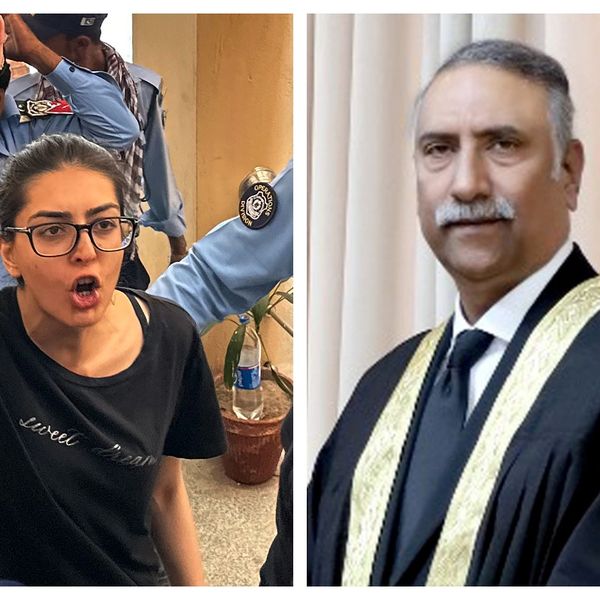
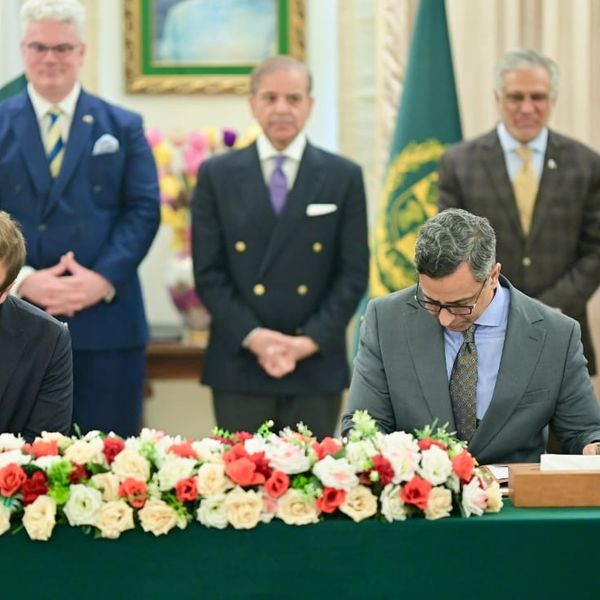
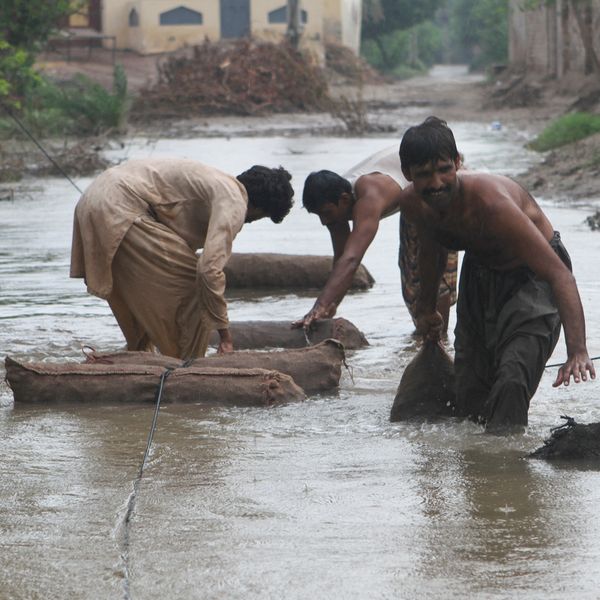

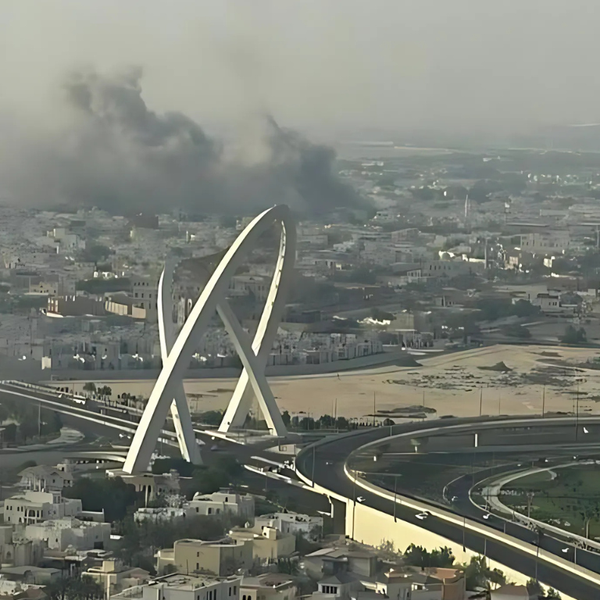
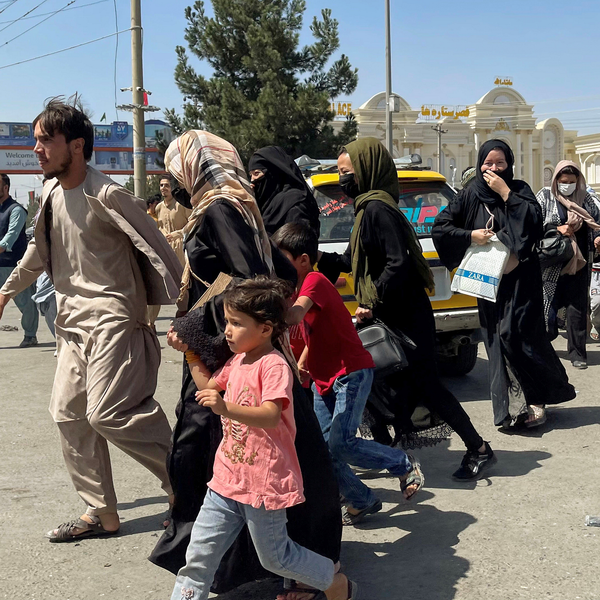


Comments
See what people are discussing